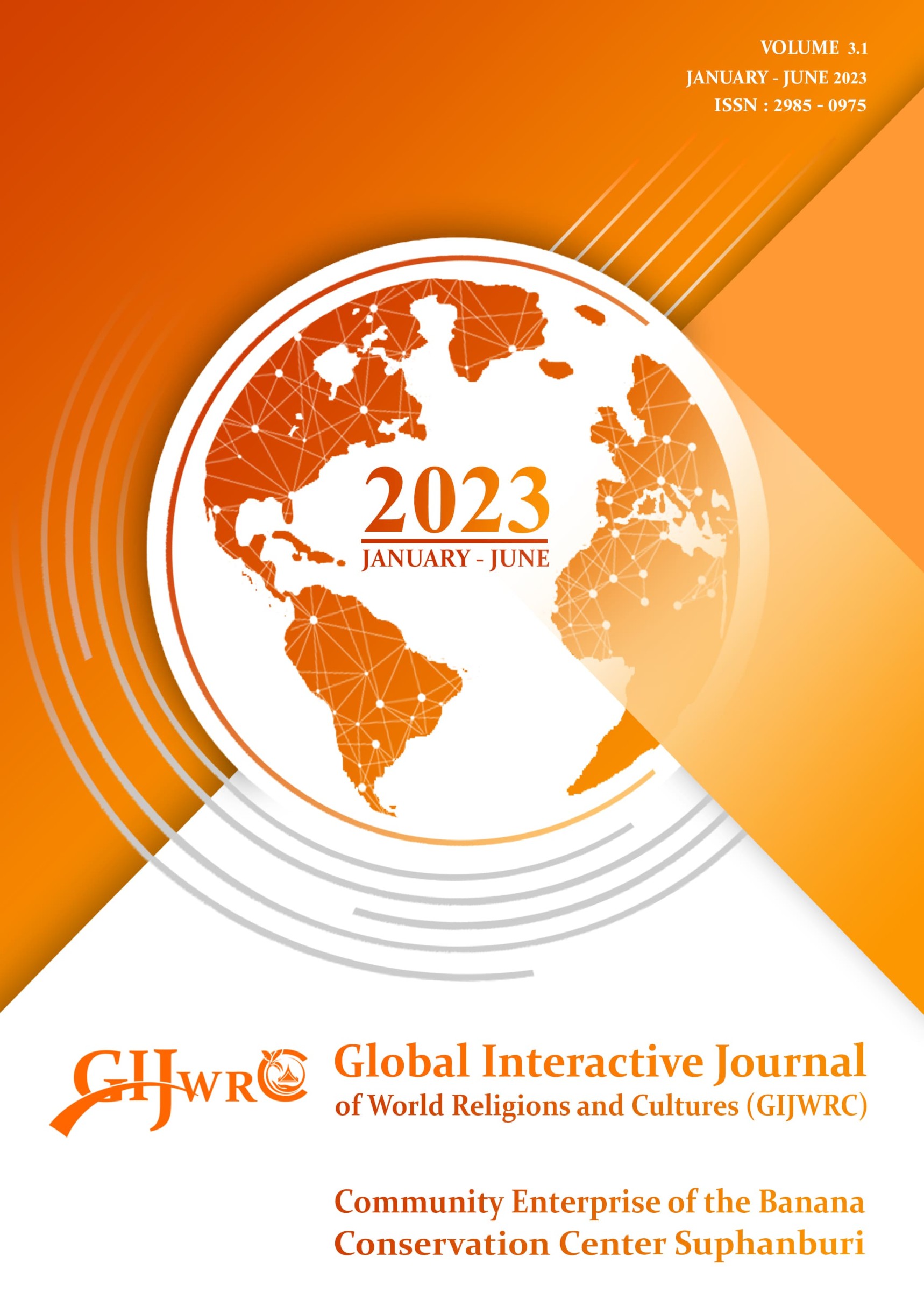BUDDHISM IN THAILAND AND THE ETHNIC COEXISTENCE
Main Article Content
Abstract
This article aimed to point out how Buddhism can be one of the approaches to the generous coexistence of ethnic groups in Thailand in the aspect of social, economic, and politics. This article also reviews the sustainable practices of the ethnic groups, generous coexistence of ethnic groups, and protection of ethnic rights for coexistence in Thailand. Buddhism for the generous coexistence of ethnic groups in Thailand will support them to live with their own unique cultures and customs while contributing certain benefits to the community both in business and socio-economy. This article gives suggestions on a Buddhist approach to develop generous coexistence of Thailand’s ethnic groups, conserve their sustainable way of life which teaches us about how to live in multi-culture, and finally protect ethnic rights for coexistence in the future world.
Article Details
References
Anan Kanchanaphan. (2015). Theory and methodology of cultural research: breaking through the boundaries and traps of opposite ideas. Bangkok: Amarin Publishing House.
Benjamin Rujopakarn. (2020). Retrieved 16 March 2020. From http://www.thailandnow.in.th/life-society/lessons-in-nature-stewardship-from-thailands-ethnic-groups.
Boyer, Pascal. (2001). Religion Explained: The Evolutionary Origins of Religious Thought. New York: Basic Books.
Daniel, PL. (2007). Buddhism and the Transformation to sustainable Economy:Society and Economy.
Lim Hui Ling. (2019) A Case Study on The Influence of Buddhism on Multiculturalism. The National and International Conference on Buddhism, Art and Culture.
Mon Thongchat. (2010). Important Religions of the Present World. Bangkok: Odeon Store Publishing House.
Natthapas Yot-Arlai (2018) Ethnic Groups' Participation in Sustainable Tourism (Vol. 11 No. 4 (2018): International Humanities, Social Sciences and arts (January - June 2018)
Mukesh kumar Verma. (2019). Buddhist Way of Sustainable Development: Theory and Practice. Retrieved 16 March 2020. fromhttp://www.undv2019vietnam.com.
Muyzenberge, L. (2011). Leadership the Buddhist Way: Ethical principles and economy transformation: A Buddhist Approach. Springer press. New York.
Paterson, B., (2006). Ethic for Wildlife conservation: Overcoming the human nature dualism. Bioscience
Prayukvong, W., & Rees. (2010). A Buddhist Economic Approach to Employee Volunteer program. Journal of Corporate Citizenship
Phra Brahmakunaphorn (P.A. Payut.to). (2012). The importance of Buddhism. Bangkok: Sahathhammak Printing Press.
Thomas Borchert. (2014). The Buddha's Precepts on Respecting Other Races and Religions? Thinking about the Relationship of Ethnicity and Theravada Buddhism.: Journal of Social Issues in Southeast Asia Vol. 29, No. 3 (November 2014) Published by: ISEAS - Yusof Ishak Institute).
Waraporn Cherdchoo Tai-Yuan. (2020). Ethnic Group: Conceptual Framework for Creation and Product Development. The Journal of Chong-Sarwin Civilization Studies Vol. 11 No. 2.


